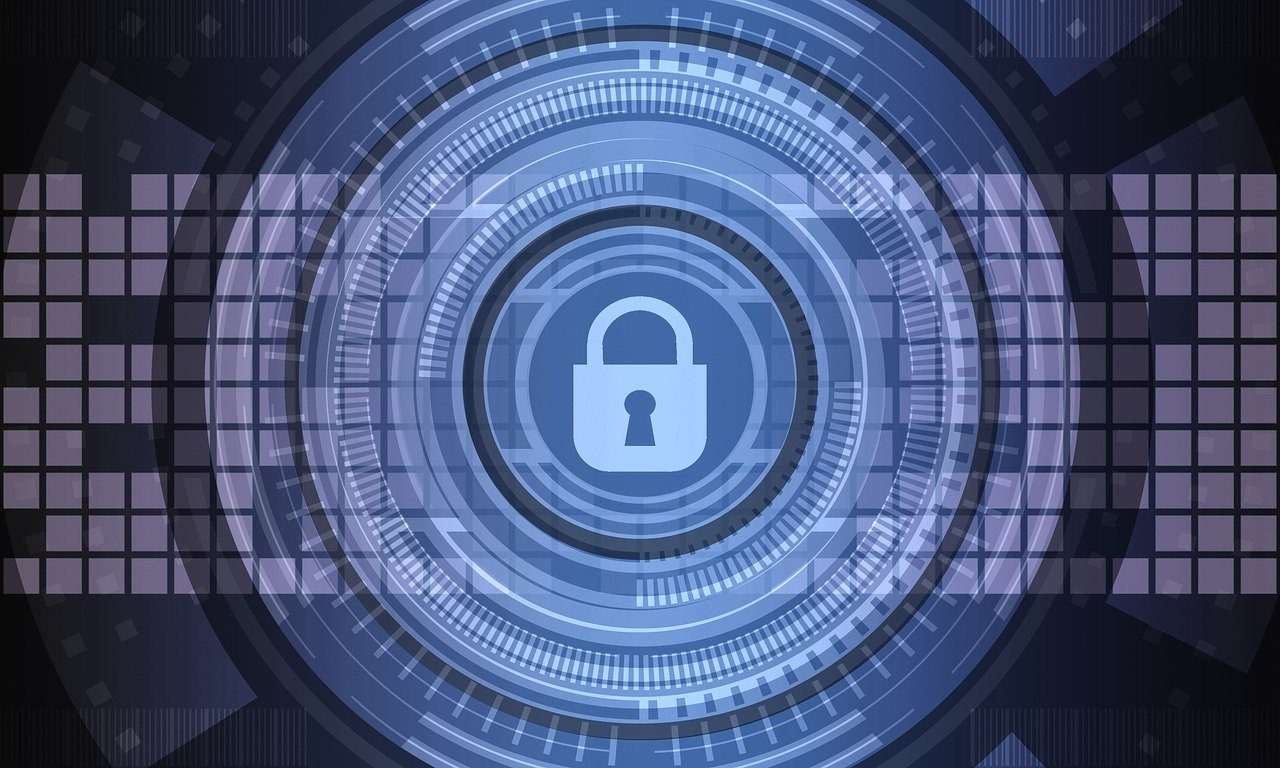
Source: Pixabay
There have been a lot of discussions recently about the importance of cybersecurity as data breaches across the world become more and more common. Even top-performing companies like Nvidia and Samsung experienced cyberattack breaches earlier this year, which once again highlights the reality that if hackers can get into a company’s private information, nothing is stopping them from getting into yours or your family and friends. After all, regular people tend to have fewer security measures in place than companies trading on the stock market.
Signs Of Poor Cybersecurity Habits
Yet, despite realising the severity of this issue, many people still demonstrate poor cybersecurity habits. What’s worse is that they may not even know they are doing it. For example, do you use the same password across different platforms? You aren’t alone if you do. In fact, according to ExpressVPN’s latest research findings, the average person uses the same password for six different websites and/or platforms. This same research study also found that over 40% of internet users believe their family or friends could guess their online passwords. That may seem minuscule to some, but these findings demonstrate poor cybersecurity practices.
Not understanding how our culture can shape the ways we protect ourselves online is also a sign of poor cybersecurity health. For instance, if you use something for your password that’s not just important to you but your country, the chances are high that someone else has used the same one. For example, in Italy, “Juventus” is the fourth most common password. Juventus is an Italian football team with origins dating back to the 1800s. Having the same password widely used in one country makes it much easier for hackers to attack a specific demographic.
How Can You Protect Yourself?
Using different passwords for different websites and platforms is one way of protecting your accounts from hackers and other cybersecurity issues. However, there are a few disadvantages to this. Having multiple passwords makes forgetting one much easier, but if this is the route someone decides to go down, it is recommended that they use a password vault. If you don’t know what a password vault is, it is a software program that allows individuals to hold several passwords in one safe digital location.
That said, one of the most advanced ways of protecting your online activity is through multi-factor authentication or 2FA. 2FA is an electronic authentication method that stops unauthorised third parties from getting access to your data. Typically, the factors of a 2FA scheme include a physical object like a USB stick, something the user knows like a PIN or password, and a physical characteristic of the user, otherwise known as biometrics. Biometrics can include someone’s voice or fingerprint.

Source: Pixabay
Cybersecurity issues are widespread, and it seems like no one is immune from potential breaches and attacks. Fortunately, there are different security measures people can put in place to protect their online activity. The first step, though, is to recognise if you’re demonstrating any signs of poor cybersecurity health, such as using the same password across different websites.








